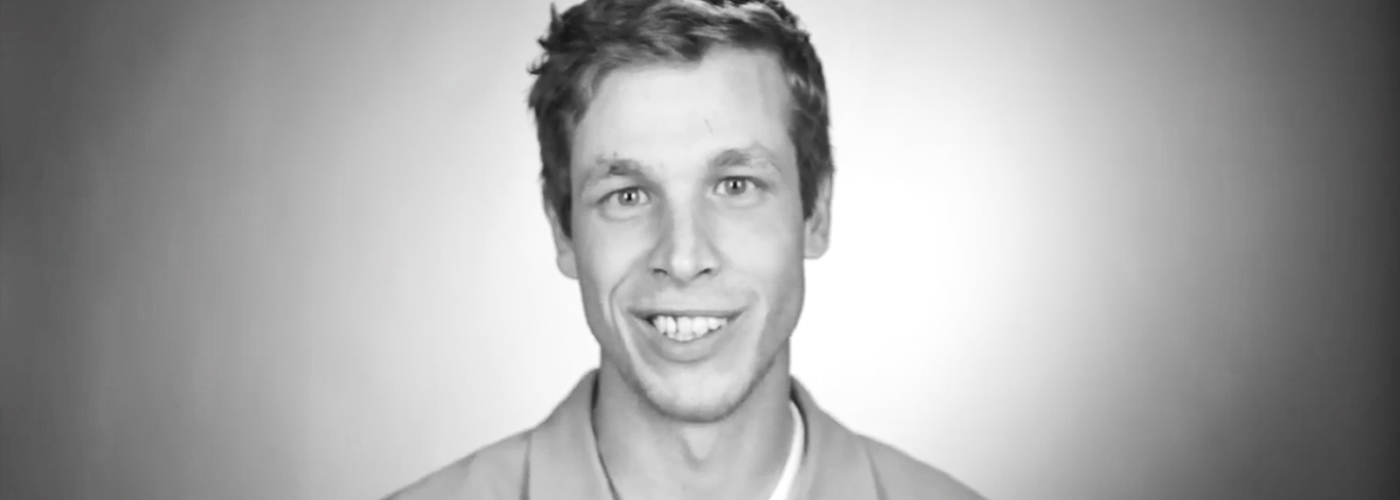Vaughn Celebrates AAPI Heritage Month with Pioneers in Engineering, Management and Aviation

May is Asian American and Pacific Islander (AAPI) Heritage Month, a time when our country celebrates this select group of individuals for their contributions to the history, culture and achievements in the United States.
This month, Vaugh College invites you to join this celebration as we recognize four AAPI trailblazers for their extraordinary accomplishments in the fields of engineering and technology, management and aviation.
Josephine Santiago-Bond: NASA Systems Engineer
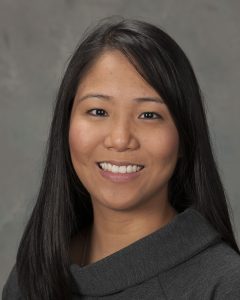
Growing up in the Philippines, Josephine Santiago-Bond had a passion for engineering but never dreamed she would have a career at NASA, let alone in the position of systems engineer. After graduating with a bachelor’s degree in electronics and communications engineering from the University of the Philippines, she ventured to the United States, where she found her first engineering job designing sports products. It wasn’t until she went on to earn her master’s degree in electrical engineering at South Dakota State University, however, that her life took an unexpected turn. She landed an internship at NASA’s Kennedy Space Center, and, as they say, “the rest is history.” In 2004, she began her career at NASA by contributing to exciting projects that included space shuttle ground system operations, the Constellation subsystems design and even several lunar missions. During her time at NASA, her career evolved from electronics engineer to that of systems engineer. Today, she leads a team of engineers as the chief of the advanced engineering development branch. As a woman of Pacific Islander descent, she recognizes herself as a minority in the field but says it’s a blessing that she can work for NASA, an organization that values inclusion.
Jerry Yang: Co-Founder and CEO of Yahoo!
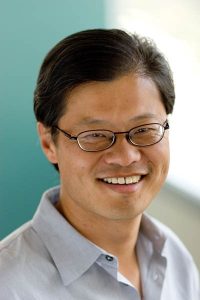
As one of America’s wealthiest men, Jerry Yang’s story began as a 10-year-old boy from Taiwan who moved to the United States knowing only one English word—“shoe.” After his father died, Yang moved to San Jose, California with his mother and brother. Determined—even at a young age—Yang learned the English language in only three years and graduated high school at the top of his class. He attended Stanford University—working throughout his school years to support himself—where he earned his bachelor’s and master’s degrees in only four years. While pursuing his doctorate in electrical engineering, he and a classmate, David Filo, joined forces to create a directory of websites that were organized by a hierarchy rather than a searchable list. In 1995, this venture became Yahoo! (“Yet Another Hierarchical Officious Oracle”). Yang dropped out of the PhD program as Yahoo became an overnight success. From 2007-2009, he served as the company’s CEO—when at one point in time, Yahoo! was worth a whopping $130 billion. In 2012, Yang left the company and went on to form AME Cloud Ventures, a company that invests in entrepreneurs of technology-heavy startup companies. Yang’s contributions to the Internet as we know it today places him as one of the most influential tech entrepreneurs to transform all of Silicon Valley. He and his wife, Akiko Yamazaki, live in Los Altos Hills, California. In 2007, the couple pledged $75 million to their alma mater—Stanford University—to build the Jerry Yang and Akiko Yamazaki Environment and Energy Building (Y2E2). Ten years later, they generously pledged $25 million to the Asian Art Museum in San Francisco, the highest donation in the museum’s history.
Reshma Saujani: Founder of Girls Who Code
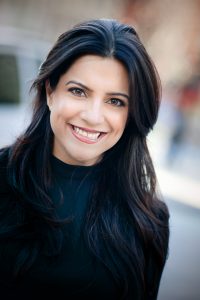
Born in Illinois to parents of Gujarati Indian descent, Reshma Saujani is an attorney, education activist and politician who first made a name for herself in 2010 as the first Indian American woman to run for U.S. Congress. While campaigning, she visited local schools and discovered a gender gap in the field of technology. In response to her passion for empowering women and fighting for women’s rights, she founded Girls Who Code, one of the country’s largest and most prestigious nonprofit organizations. To date, the organization has taught 300,000 girls through in-person computer science education programming. Globally, the numbers are even more impressive, having reached 500 million people through Saujani’s award-winning campaigns and New York Times-bestselling book series, “Girls Who Code: Learn to Code and Change the World.” Saujani has authored other influential books that include “Women Who Don’t Wait in Line,” the international best seller “Brave, Not Perfect,” and she’s also captured national attention with her TED Talk, which has reached over five million viewers around the world. Saujani earned her undergraduate degree from the University of Illinois, a master’s degree in public policy at Harvard’s Kennedy School of Government and her Juris Doctor from Yale Law School.
Colonel Ellison Onizuka: First Asian Astronaut in Space
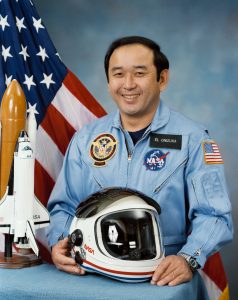
Born in Kealakekua, Kona, Hawaii, Colonel Ellison Onizuka made history as the first Asian astronaut and the first of Japanese origin to reach space. With dreams of someday going higher than the birds and reaching the stars, Onizuka’s nights of star gazing by the Pacific Ocean came to fruition. After graduating with honors from Kealakekua, Kona High School in 1964, he attended the University of Colorado, where he earned a Bachelor of Science degree in aeronautical engineering and a Master of Science degree in aerospace engineering. In 1970, Onizuka joined the United States Air Force, where he served as a flight test engineer and test pilot at McClellan Air Force Base. Four years later, he attended the Air Force Test Pilot School at Edwards Air Force Base and became a squadron flight test engineer at the USAF Test Pilot School. In 1978, Onizuka was selected among 8,000 applicants to be one of 35 astronauts—and the first Japanese American—for NASA’s Space Shuttle Program. On January 24, 1985, he was aboard the space shuttle Discovery—America’s first classified manned military space flight—as a mission specialist, making him the first Asian astronaut to enter space. That same year, Onizuka, along with six other crew members, were chosen for the Challenger Flight 51-L. Tragically, on January 28, 1986, the space shuttle Challenger exploded only 73 seconds after liftoff, ending the lives of all aboard. Onizuka left us with inspiring words to live by: “Your vision is not limited by what your eye can see, but by what your mind can imagine. Make your life count—and the world will be a better place because you tried.”
As an institution steeped in diversity, Vaughn College welcomes students from all walks of life. If you’re looking to earn your degree at a college that will make you feel accepted, safe and empowered, look no further than Vaughn. We offer futureproof degree programs in engineering and technology, management and aviation. Apply today!
